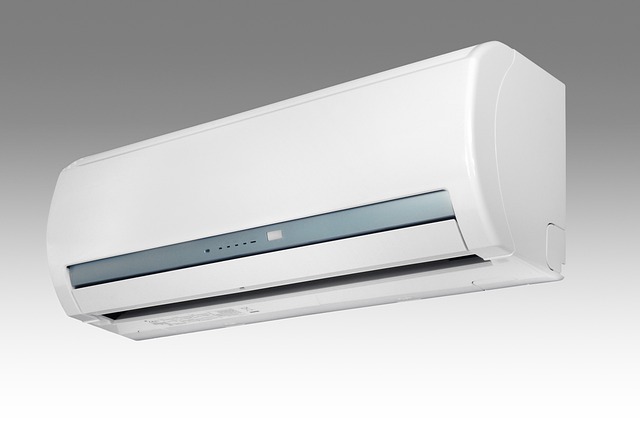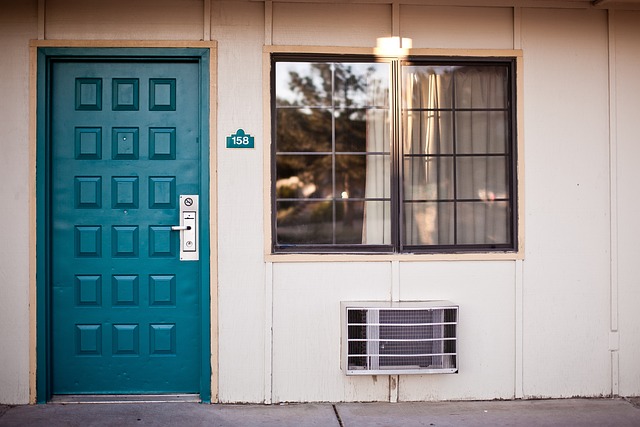As the sweltering summer heat settles in, we all seek refuge in the cool embrace of our air-conditioned homes. But have you ever wondered whether your air conditioner vent should be closed or open? It’s a dilemma that many homeowners face, and the answer isn’t always straightforward.
In this article, we’ll explore this common question, delving into the factors that influence your decision and guiding you toward the perfect balance between comfort and energy savings.
The Great Debate: Closed or Open Vents?
Picture this: You’re standing in your living room, debating whether to close the air conditioner vent in rooms you’re not using. On the one hand, you’ve heard that closing vents can redirect airflow to the rooms you are using, potentially making them cooler faster. On the other hand, some argue that closing vents could harm your HVAC system and even lead to higher energy bills. So, which camp should you join?
Effects of Closing Your Air Condition Vents

1. The Impact on Airflow and Cooling Efficiency
Closing vents in unused rooms might seem like a logical move, but the truth is, it’s not that simple. While you might expect that closing vents redirect cool air to other parts of your home, it can actually lead to decreased overall airflow and cooling efficiency. Modern HVAC systems are designed to work optimally with all vents open, and closing some vents can disrupt the system’s balance.
2. Energy Efficiency and Cost Considerations
Energy efficiency is a buzzword that’s on everyone’s mind these days. If you’re concerned about reducing your energy consumption and lowering your bills, you might be tempted to keep all your vents open. However, the truth is that there’s a more nuanced approach.
Keeping all vents open can indeed ensure proper airflow and prevent strain on your HVAC system. But here’s the catch: if you’re not using certain rooms regularly, cooling them to the same degree as your main living areas can be wasteful. This is where a strategic balance comes into play.
The Pros of Keeping the Vents of Your Air Conditioner Open
Opening the vents in your home is generally recommended for optimal airflow and cooling efficiency. Here are some pros of keeping your air conditioner vent open:
1. Even Cooling Distribution
Keeping vents open allows for the even distribution of cooled air throughout your home. This helps maintain a consistent and comfortable temperature in every room, preventing hotspots and ensuring a more enjoyable living environment.
2. Efficient HVAC System Performance
HVAC systems are designed to work with all vents open. When vents are open, the system operates at its intended capacity, ensuring efficient cooling and reducing the risk of strain on the system.
3. Preserves Airflow Balance
Each room’s vent is strategically placed to maintain proper airflow balance. Closing vents disrupt this balance and can lead to issues such as reduced system efficiency, increased energy consumption, and even potential damage to the HVAC equipment.
4. Lower Energy Bills
An HVAC system with open vents operates efficiently and requires less energy to cool your home. This translates to lower energy bills compared to a system that is working harder due to closed vents.
5. Extended HVAC System Lifespan
When your HVAC system operates under normal conditions, it experiences less wear and tear. By keeping vents open and allowing the system to function as intended, you can extend the lifespan of your HVAC equipment, saving you money on costly repairs and replacements.
6. Consistent Comfort
Open vents help maintain a consistent indoor temperature, ensuring that all areas of your home are equally comfortable. This is especially important during extreme weather conditions when maintaining a comfortable environment becomes crucial.
7. Less Risk of Mold and Moisture Buildup
Closed vents can lead to stagnant air in certain areas, creating an environment conducive to mould growth and moisture accumulation. Proper ventilation through open vents helps prevent these issues.
8. Adaptability to Changing Needs
Open vents provide the flexibility to adapt to changing circumstances. If you decide to use a room that was previously closed off, you won’t need to readjust the vents to ensure proper cooling.
9. Less Maintenance and Repairs
By keeping your vents open, you reduce the risk of strain on your HVAC system, leading to fewer maintenance needs and a lower likelihood of unexpected breakdowns.
Finding Balance
So, what’s the best way to strike a balance between open and closed vents? Here are some tips to help you optimize your air conditioning system for both comfort and cost savings:
1. Main Living Areas: Keep vents open
2. In rooms where you spend most of your time – the living room, bedrooms, and kitchen – it’s best to keep vents fully open. This ensures that your HVAC system functions efficiently and cools these areas effectively.
3. Unused or Infrequently Used Rooms: Consider closing vents
4. For rooms that you rarely use, such as a guest bedroom or storage area, it’s reasonable to close the vents partially or fully. However, don’t close them completely, as this can still disrupt the overall balance of your system.
5. Experiment and Adjust: Fine-tune your approach.
6. Every home is unique, and the effectiveness of your vent adjustments may vary. Start by partially closing vents in less-used rooms and monitor the impact on both comfort and energy bills. Adjust the vents as needed until you find the optimal configuration.
7. Regular Maintenance: Keep your HVAC system in top shape
8. No matter how you choose to manage your vents, regular HVAC maintenance is essential. Clean or replace air filters, schedule professional check-ups, and ensure that your system is running smoothly to maximize efficiency.
Key Takeaway
In the ongoing debate of whether your air conditioner vent should be closed or open, the answer lies in a balanced approach that suits your lifestyle, comfort needs, and energy-saving goals. While keeping all vents open ensures optimal airflow and prevents undue strain on your HVAC system, strategic vent adjustments for unused rooms can help you save on energy bills without sacrificing comfort.
Remember, finding the perfect balance may require some trial and error. The key is to observe the impact of your vent adjustments on both your home’s cooling efficiency and your wallet. By following the tips outlined in this blog, you’ll be well on your way to mastering the art of managing your air conditioner vents for a cool, comfortable, and cost-effective summer season.
